
The Ruby Hall Clinic has established itself as a “comprehensive cancer care” provider by combining all cancer treatment facilities under one roof. It is considered one of the best cancer hospitals in Pune.
Along with support services like a Medical Social Works Department, conference room, pharmacy, radiation room, medical room, and surgical oncology departments, the facility also houses a research centre, an ultra-modern laboratory, and diagnostic facilities.
The bone marrow transplant unit in the hospital is at par with any other reputable centre and is performing exceptionally.

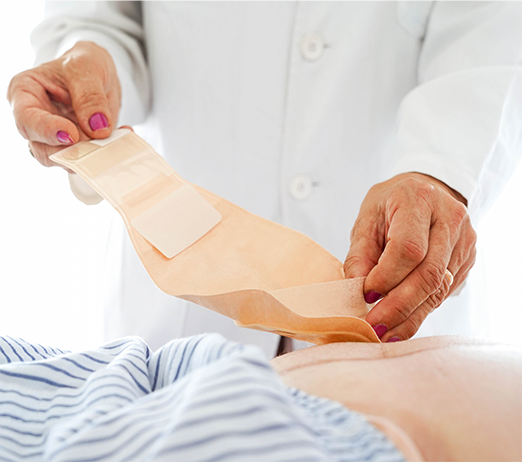
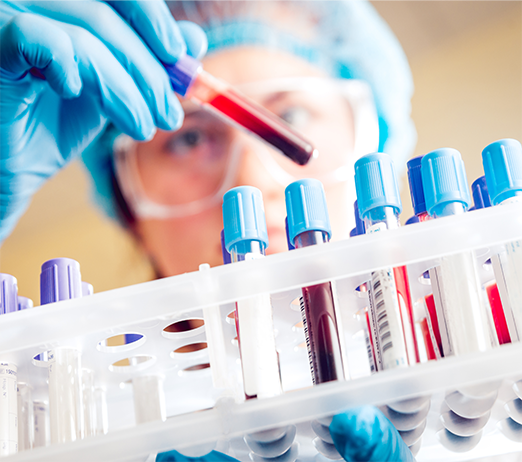
The Ruby Hall Clinic laboratory staff’s motto is “patient care, safety, satisfaction, and quality in all their processes.” Under the direction of Dr. Anjali Kelkar, the laboratory is staffed by eight resident physicians, microbiologists, biochemists, and consultant pathologists.
Our cancer specialists are well qualified and trained at reputed institutes in the country, while also having international experience. The Cancer Centre also houses eighty technical, administrative and support staff.
The lab operates round the clock, is accredited by NABL, and has state-of-the-art, automated equipment. The lab runs over 3000+ tests a day and has a test menu with over 500 tests and profiles. The lab has excellent quality control procedures in place, including participation in external quality assurance programs and strict internal quality control. The lab prepares students for the DNB in pathology and offers a structured post-graduation teaching program.
At Ruby Hall Clinic, we are agile, customer-focused, transparent, and performance-orientated, and the staff is united as one.

Ruby Hall Clinic has a full-fledged Clinical Research Department with a dedicated team. It has its own Ethics Committee overlooking the entire process of clinical research from the right perspective.
Several principal investigators are running Phase II, III, and IV clinical trials.
All trials are being run as per DCGI guidelines.
Every aspect of the clinical trial, including:
India today is poised as one of the most favourable destinations for conducting global clinical trials in terms of large patient populations, skilled manpower, cost effectiveness, favourable economic and research environments, etc. A clinical trial is a process of testing a medication for its safety and effectiveness, either in comparison to a placebo or an already existing treatment. Clinical trials are part of research, which leads to the development of a new treatment. Any new treatment has to be cautiously evaluated through the several phases of the trial before it can be used to treat people. No trial can be executed successfully without the voluntary participation of subjects. All the subjects are given a document called the Informed Consent Form, which mentions the purpose of the study, the procedure, and the risk and benefit involved in the study. Before any trial procedures are started, this document needs to be signed voluntarily by the patient. The decision to participate or not rests entirely upon the subject, and he or she can terminate his or her participation at any time if not benefiting from the treatment. All trial procedures have to be executed according to the ICH-GCP guidelines; these are a set of standards that are used internationally for the conduct of trials, ensuring the rights, safety, and well-being of the trial subjects.
All clinical trials are commonly divided into 4 phases. The drug will be approved for use in the general population if it passes through phases 1, 2, and 3.
The investigator needs to set up a good research unit so that the trial is conducted smoothly and results obtained are of good quality. The setup requires good infrastructure and appropriate human resources.
More than 150 clinical trials are in progress at any given time in Ruby Hall Clinic.



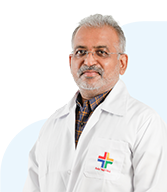
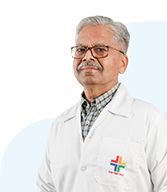
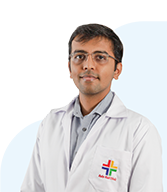

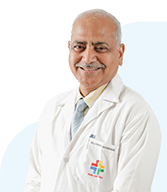
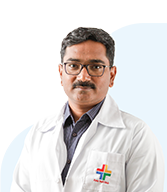
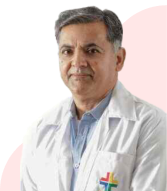

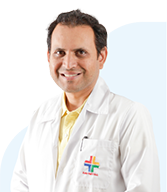
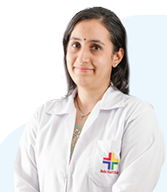



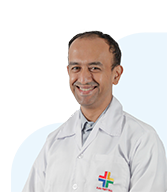
Company name
Ruby hall clinic hospitalEmergency & Appointment
020-66455676Emergency & Appointment
020-66455150Emergency & Appointment
info@rubyhall.comEmergency & Appointment
Ruby Hall Clinic Hospital, Sassoon Road 40, Sasoon Rd, Sangamvadi, Pune, Maharashtra 4110011Company Name
Ruby Hall Clinic HospitalEmergency & Appointment
02066455100Emergency & Appointment
7057700700Emergency & Appointment
info@rubyhall.comEmergency & Appointment
Ruby Hall Clinic Hospital, Sassoon Road 40, Sasoon Rd, Sangamvadi, Pune, Maharashtra 411001, IndiaCompany Name
Ruby Hall Clinic HospitalEmergency & Appointment
020-66999999Emergency & Appointment
020-66999930Emergency & Appointment
info@rubyhall.comEmergency & Appointment
Rajeev Gandhi Infotech Park, MIDC Phase No 1, Plot No, P-33, Hinjawadi, Pune, Maharashtra 411057Company Name
Ruby Hall Clinic HospitalEmergency & Appointment
+91 20 6649 4980Emergency & Appointment
+91 20 6649 4949Emergency & Appointment
wanowrie@rubyhall.comEmergency & Appointment
Wanowrie: 59/6, Disney Park, Azad Nagar, Wanowrie, Pune, Maharashtra 411040© 2023-24 Ruby Hall Clinic. All Rights Reserved.